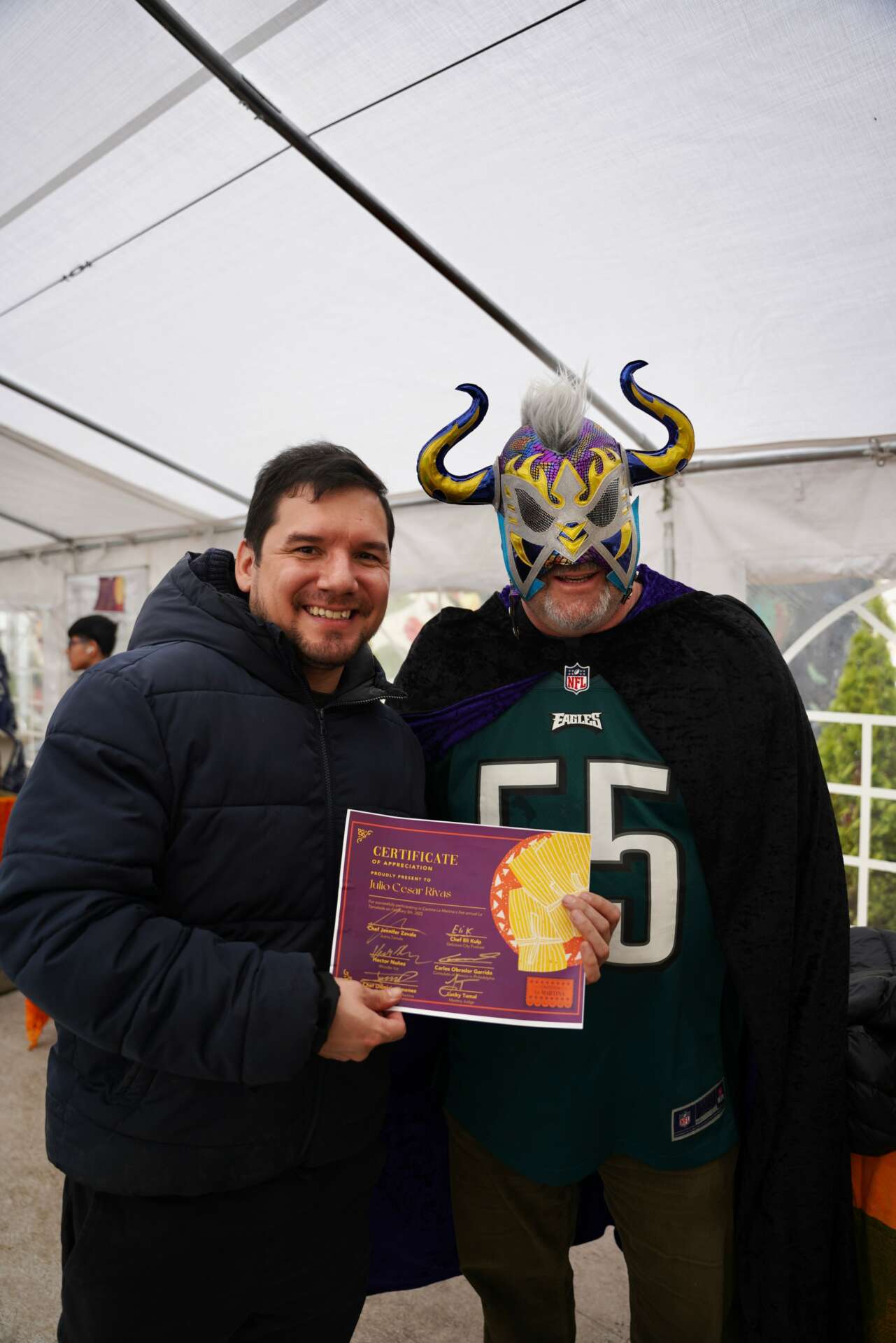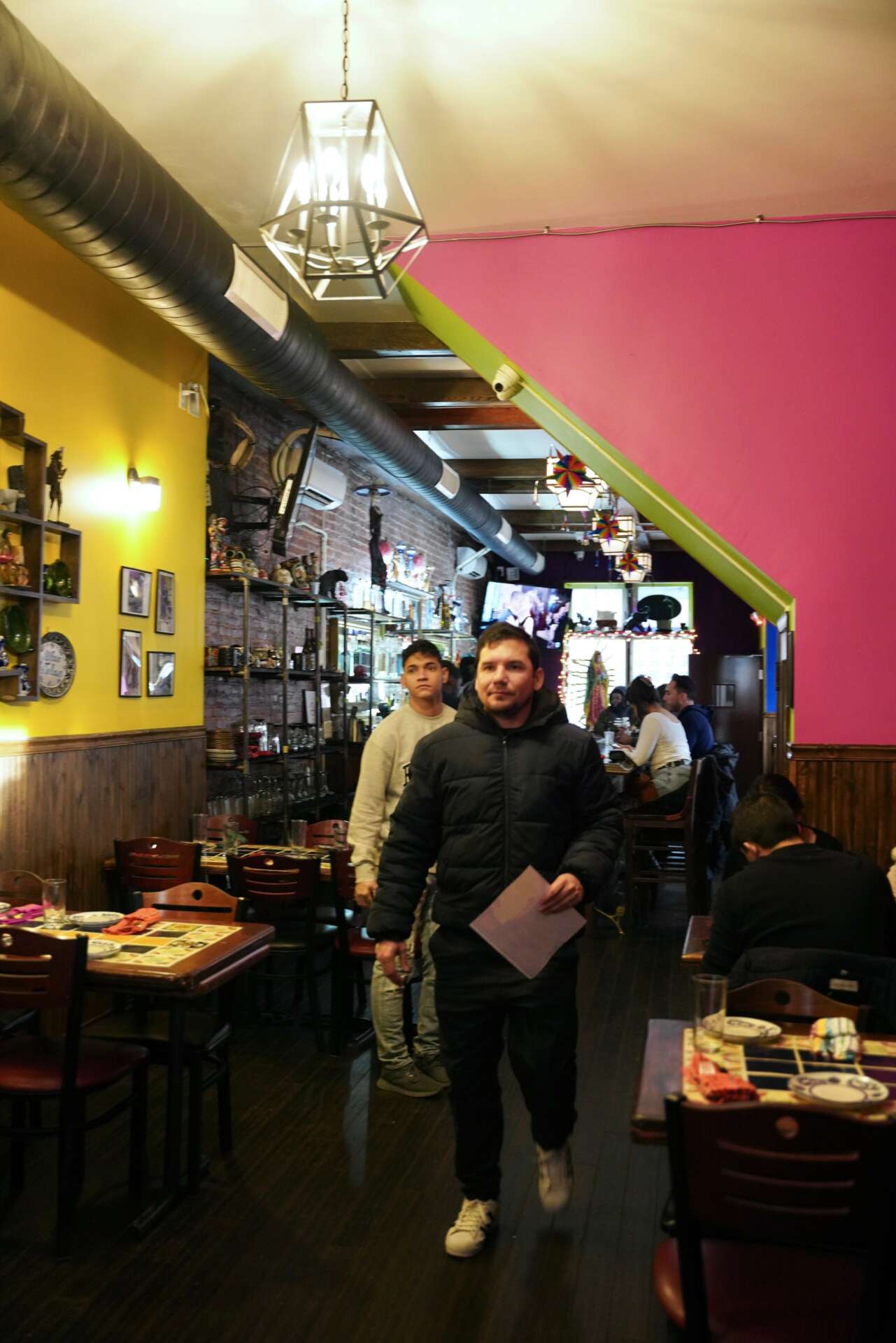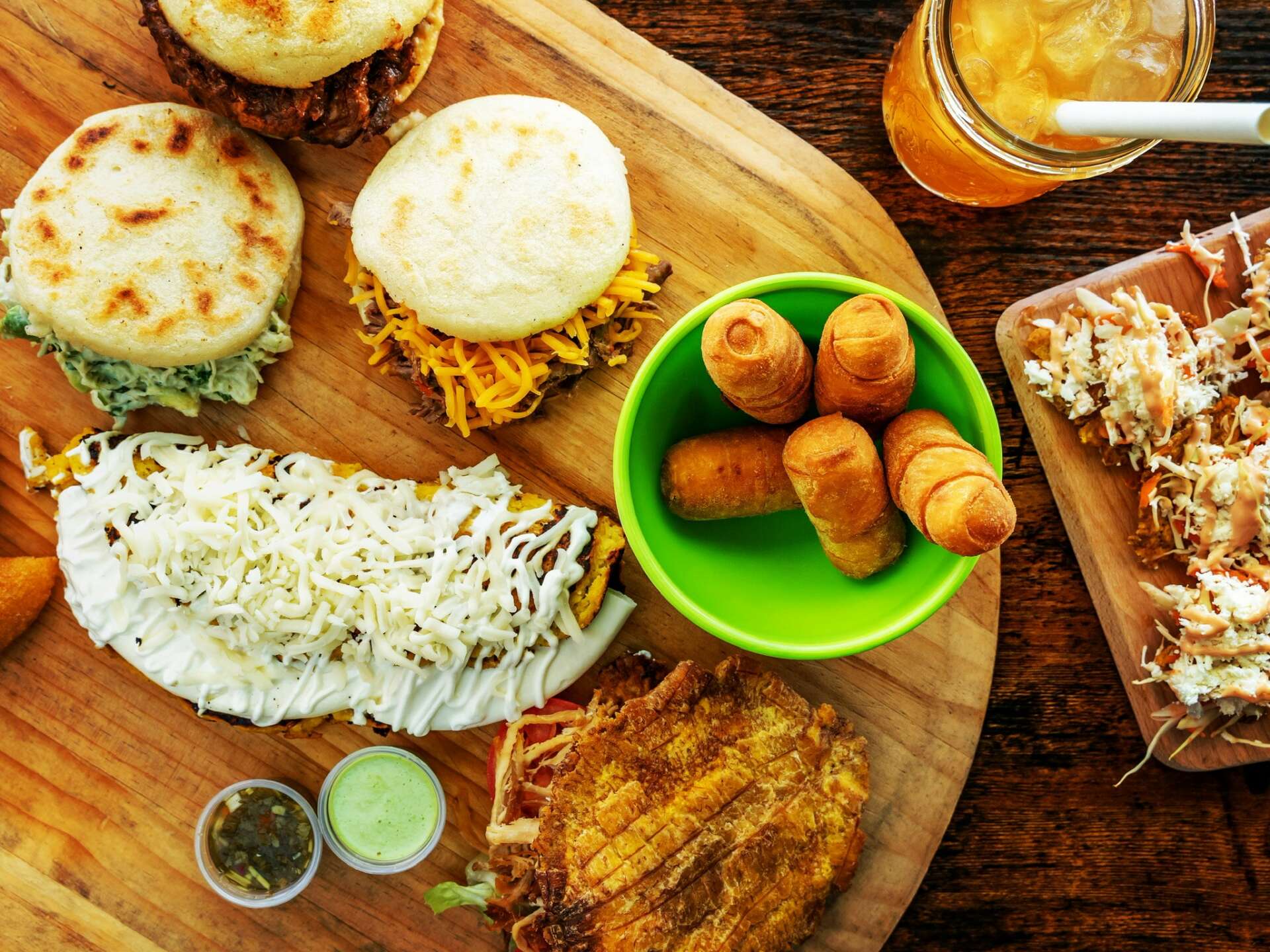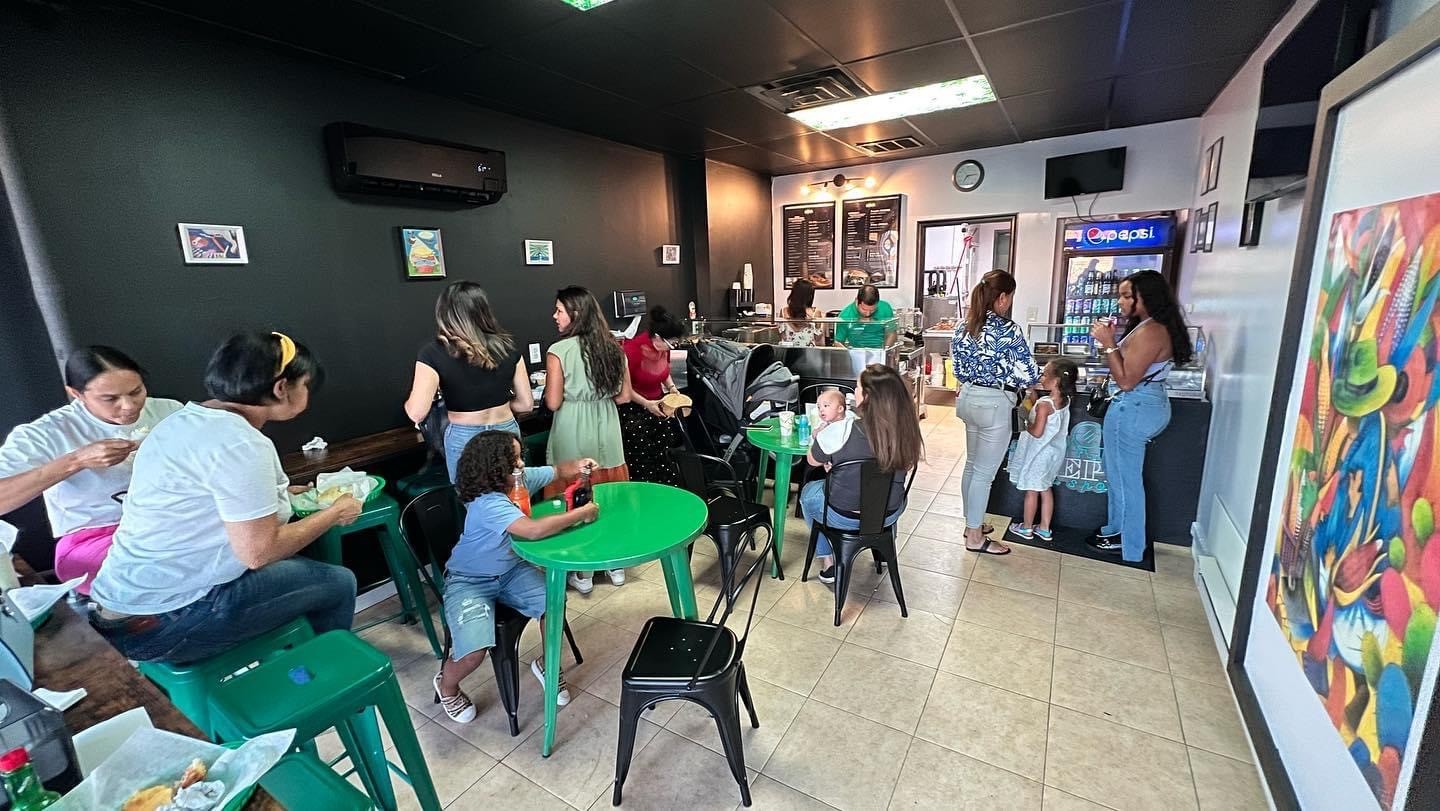We recently connected with Julio Cesar Rivas and have shared our conversation below.
Julio Cesar , appreciate you joining us today. Owning a business isn’t always glamorous and so most business owners we’ve connected with have shared that on tough days they sometimes wonder what it would have been like to have just had a regular job instead of all the responsibility of running a business. Have you ever felt that way?
As the owner of a restaurant, there are certainly moments when I reflect on what my life would be like if I had a regular job. One of those moments occurred during the initial phase of my business when I faced tremendous challenges due to the numerous permits and licenses required, as well as the lack of information and bureaucracy that hinder entrepreneurial endeavors. During this period, I experienced high levels of stress and frustration while trying to navigate the bureaucratic maze to fulfill all the necessary requirements.
The amount of paperwork, lengthy approval processes, and lack of clarity in the information were overwhelming. At times, I found myself questioning whether all the effort and difficulties were worth it. I even contemplated the stability and simplicity of a regular job, where I wouldn’t have to deal with bureaucratic obstacles and could rely on an established structure.
However, as I progressed, I learned to overcome these challenges. I sought advice from experienced entrepreneurs, connected with industry peers, and delved into thorough research to understand the necessary requirements. Though it was a challenging process, I managed to navigate the bureaucracy and obtain the licenses and permits needed.
Looking back, I can say that overcoming these initial hurdles has made me more resilient and resourceful as a business owner. While the experience was tough, it also taught me valuable lessons about perseverance, adaptability, and the importance of being well-informed in the business world.
Ultimately, despite the bureaucratic challenges and the difficulties of starting a business, I am grateful for the journey I have embarked on. Valuing the independence and freedom I have as a restaurant owner far outweighs the initial complications. I am committed to sharing my experiences and knowledge to support other entrepreneurs on their path to success.


Julio Cesar , before we move on to more of these sorts of questions, can you take some time to bring our readers up to speed on you and what you do?
For years, I dedicated myself to the fight for civil rights in Venezuela, holding important positions in this cause and utilizing my marketing studies to position messages and strategies within the framework of nonviolent resistance. However, the deepening dictatorship in my country forced me into exile in the United States.
Since arriving in the U.S., I set out to venture into the food business. But from the very beginning, I approached it not just as another restaurant, but as an experience. To achieve this, I applied a concept I learned from Armando Scanone during one of his courses at the Metropolitan University: Gastronomic Humanism. It invites us to offer diners more than just a meal but a story—cultural roots expressed in every bite.
This means that each dish on our menu is not only excellent in taste but also has a story to tell, a connection to forge, and often times, a purpose of activism. To accomplish this, it takes more than just culinary skills; it also requires effective communication channels and a clear marketing strategy to share these stories.
I am proud to have brought my passion for civil rights into a new field, combining my marketing expertise with my love for food and culture. My main goal is for clients and followers to understand the depth and purpose behind our work. I want them to know that every time they enjoy a dish at our restaurant, they are supporting a larger cause and becoming part of a movement that seeks to spread awareness and activism through gastronomy.
In summary, my focus revolves around providing a unique gastronomic experience where each dish tells a story and promotes values of civil rights and activism. I am committed to sharing these stories and continuing to innovate in the field of gastronomy to make a positive impact both within the industry and in society at large.


We’d love to hear the story of how you built up your social media audience?
When I started the lengthy process of obtaining permits for the restaurant, I took advantage of the time to build an audience and connect with them through their shared interest in food and captivating stories. I conducted a study of influential accounts in the restaurant and food field and actively engaged with them. Rather than pursuing a mass approach, I focused on targeted interactions.
Through captivating stories and images of each dish, we generated anticipation prior to the restaurant’s opening. This played a pivotal role in our opening strategy. Once we had a set date, we invited our social media audience to the grand opening event. Many of them attended and shared their experiences with their respective audiences. This led to a chain effect, resulting in not only long queues but also influential individuals endorsing us in the weeks following the opening.
Based on my experience, here is some advice for those starting to build their social media presence:
1. Understand who your ideal audience is and tailor your content to their interests and preferences.
2. Build relationships with influencers or accounts that have a significant impact in your industry. Engaging with them can help expand your reach and attract their followers.
3. Share captivating stories, visually appealing images, and engaging videos that resonate with your audience. Make them feel connected to your brand or business.
4. Generate excitement and anticipation by sharing sneak peeks, behind the scenes moments, and exclusive updates about upcoming launches or events.
5. Encourage your audience to share their experiences with your brand or product. User generated content can be a powerful tool for building trust and expanding your reach.
6. Interact with your audience by responding to comments, messages, and mentions. Show genuine interest and build a sense of community around your brand.
7. Maintain a consistent presence on social media by posting regularly and maintaining a cohesive brand identity across different platforms.
Remember, building an audience on social media takes time and effort. Stay authentic, provide value to your audience, and adapt your strategies based on their feedback and preferences.
How did you put together the initial capital you needed to start your business?
During the pandemic, as my family and friends discussed ways to generate income through investments, cryptocurrencies and stocks were among the options considered. However, the high risks associated with these investments due to the COVID-induced instability made me question why I would put my savings at such risk in assets beyond my control. Instead, I saw an opportunity to invest in a restaurant, which had been a long-held aspiration since my arrival in the U.S.
Without wasting any time, and taking advantage of the numerous spaces made available due to the crisis, I located a suitable location and, with a rushed estimate, convinced my mother and a friend to invest with me in this project.
Throughout the process of opening the restaurant, we ended up investing three times more than originally estimated. I won’t deny that fear crept in on many occasions, particularly due to unexpected expenses and the prolonged waiting period for permits and licenses. However, like any investment, patience was key.
Once we opened, my friend and partner decided to withdraw from the partnership. He received a return on his investment with dividends surpassing any regular market rates of return. It turned out to be a wise decision to invest in this venture.
My mother remains my partner, and our business continues to grow. Currently, we are focused on reinvesting and expanding our business through new locations and further expansion. We are not yet expecting a return on our initial capital as our primary goal is to fuel the growth and development of our business.
In summary, the initial capital for starting my business came from the investment made by my mother and a friend during a time of uncertainty. Despite facing challenges and unexpected costs, their belief in the venture and the opportunities presented by the restaurant industry allowed us to gather the necessary funds and bring our vision to life.
Contact Info:
- Instagram: @juliocesarrivas
- Other: IG Bussines @arepagrubspot
Image Credits
Rodolfho Chona


